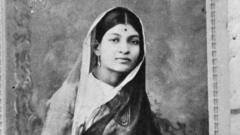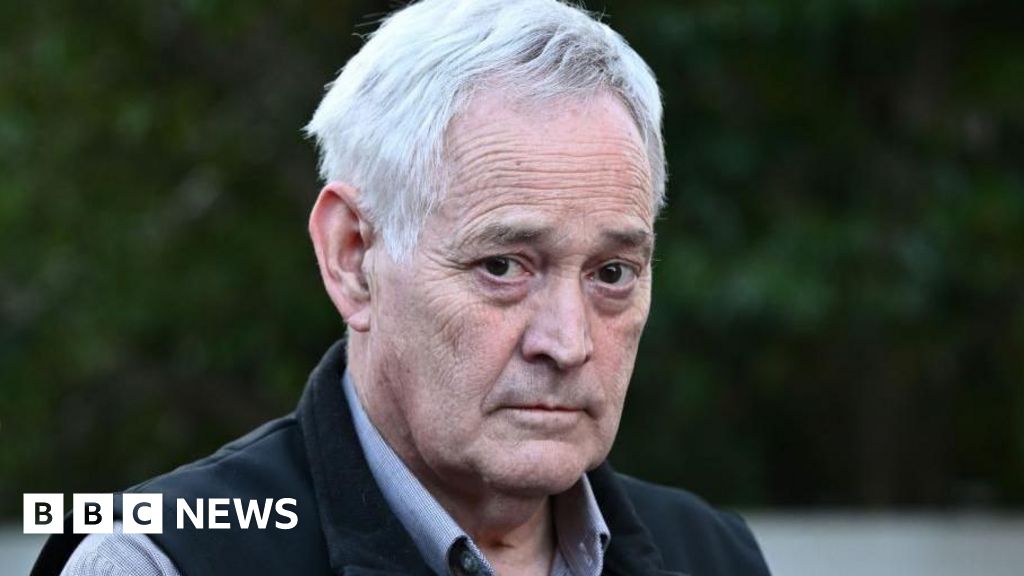On January 12, 1925, a crime took place in Bombay (now Mumbai), British India that would become one of the most sensational murder cases in the region’s history. While initially appearing to be a violent altercation, the murder of 25-year-old Abdul Kadir Bawla, a wealthy textile businessman and municipal official, revealed deep connections to power, love, and royal intrigue.
Abdul Kadir Bawla was traveling with 22-year-old Mumtaz Begum, a renowned courtesan, when their car was ambushed by attackers in the posh Malabar Hill area. Accounts claim that another vehicle forced their car to a halt. Bawla was shot dead, and Mumtaz claimed the assailants shouted for her, indicating they had intentions beyond murder. The chaotic scene drew British soldiers, who apprehended one suspect but were met with gunfire.
The aftermath unfolded like a gripping narrative, captivating local and global audiences alike. Newspapers dubbed the event “the most sensational crime committed in British India.” Speculation grew that Bawla’s death was linked to the Maharaja of Indore, as Bawla had received threatening messages for sheltering Mumtaz, who had sought refuge from the Maharaja's oppressive harem.
Mumtaz, characterized by her beauty, testified about her fraught relationship with the Maharaja, illustrating her struggles with surveillance and control. After escaping the harem, she bore a daughter who died shortly after childbirth, deepening her distress and prompting her to flee to Bombay for safety.
The investigation uncovered that multiple suspects had affiliations with the Indore princely state. This led to growing tension between the British authorities and the Maharaja, forcing the British government into a delicate position. Bawla's family and community demanded justice, while the intricacies of the case led questions into the royal courts and the British Raj.
As the trial progressed, prominent lawyers, including Muhammad Ali Jinnah, entered the fray, defending some accused while others faced the death penalty. Despite the evidence suggesting a larger conspiracy involving the Maharaja, he evaded direct accountability. The trial judge hinted at hidden forces behind the murder, stating, “it is not unreasonable to look to Indore” as the source of the crime.
Under mounting pressure, the British government offered the Maharaja an ultimatum: abdicate or face an inquiry. The Maharaja chose to abdicate, saying his resignation was contingent upon no further investigation into his potential connections to the tragic event.
Following the abdication, the Maharaja courted further scandal by marrying an American woman, while Mumtaz Begum transitioned to Hollywood, seeking a fresh start far from the shadows of her troubled past.
This tragic incident, which underscored the struggles of identity, power, and justice, continues to resonate a century later, illustrating the turbulent historical tapestry of colonial India.




















